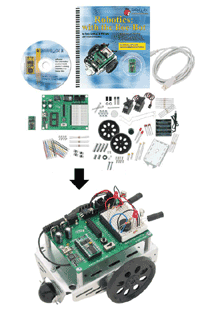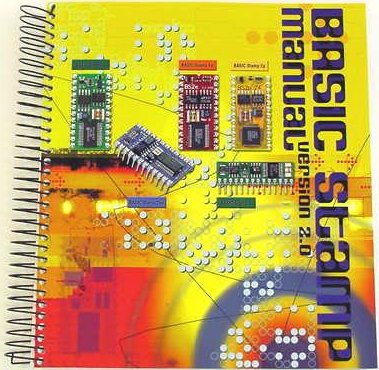|
Term/Year |
Class Number |
Section |
Act |
Days |
Time |
Room |
Instructor(s) |
| Fall 2007 | 7978 7982 |
CSCI 585-01 CSCI 682-01 |
ACT | R | 05:00-07:50 | OCNL 431 | Juliano |
| Fall 2006 | 6176 | CSCI 585-01 | LEC ACT |
R | 04:00-04:50 05:00-06:50 |
OCNL 431 | Renner |
| Fall 2005 | 2085 6472 |
CSCI 585-01 CSCI 682-01 CSCI 585-02 CSCI 682-02 |
LEC ACT |
R R |
17:00-18:50 19:00-19:50 |
OCNL 431 | Juliano |
| Spring 2005 | 14412 14976 |
CSCI 224-01 CSCI 329-01 |
DIS | TR | 09:30-10:45 | OCNL 431 | Juliano |
| Fall 2004 | 15284 15825 |
CSCI 224-01 CSCI 329-01 |
DIS | TR | 11:00-12:15 | OCNL 431 | Renner |
| Spring 2004 | 15273 | CSCI 224-01 | DIS | TR | 11:00-12:15 | OCNL 431 |
Juliano Renner Varahamurti |
| CSCI majors |
CSCI 221 (Assembly Language Programming) CSCI 311 (Algorithms and Data Structures) | |
| Non-CSCI majors |
EECE 221 (Processor Architecture and Assembly Language Programming) EECE 135 (Algorithms and Programs for Engineers) |

